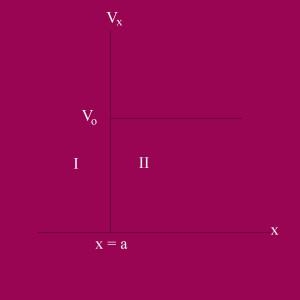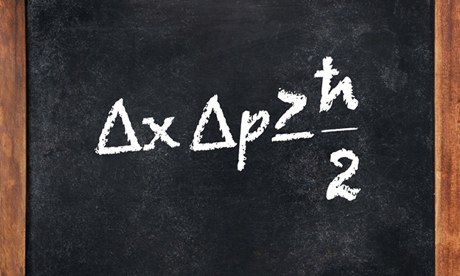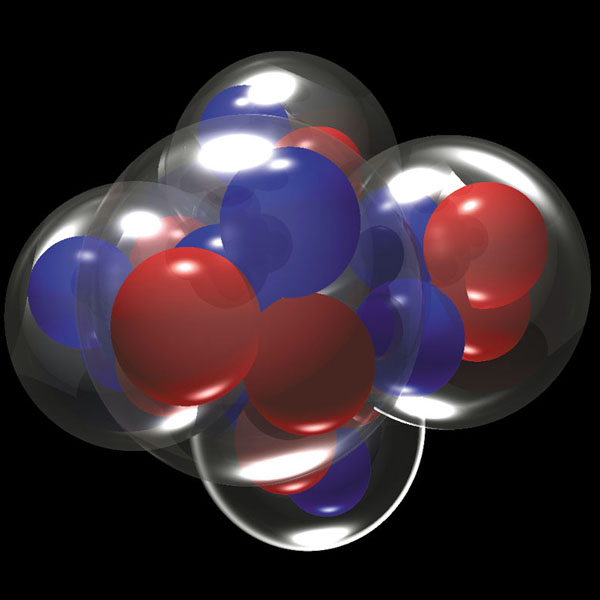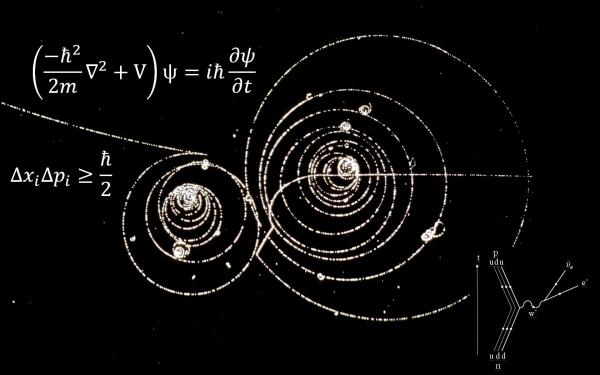Quantum mechanical tunneling effect or barrier penetration the the process in which a particle is transmitted through a potential barrier of finite width and height even when its energy is less that that of the barrier height. This is possible due to wave nature of particle and the particle appears to cross the barrier without going over the top. It is used to explain , field emission, field ionization and tunnel diodes.
The transmission of the particle is measured as a probability of the particle transmission through the barrier and is given by
Let us take a potential step as and incident particle
.
Consider the beam of particles with energy E incident from left to right. In the case of we have the Schrodinger equations in region I and II as;
Region I:
…… (1)
Region II:
…….. (2)
The solution of (1) and (2) are
Since no particle coming from the right D = 0;
The boundary condition are:
and
Applying boundary condition we get,
…….. (3)
and
or ……… (4)
Adding equation (3) and (4) we get,
Subtracting equation (3) and (4), we get,
The reflection coefficient
here
Similarly, transmission coefficient is,
When ;
When ;
For , the wave are transmitted over the step but there is non zero probability for the wave to be reflected unlike the classical result.







